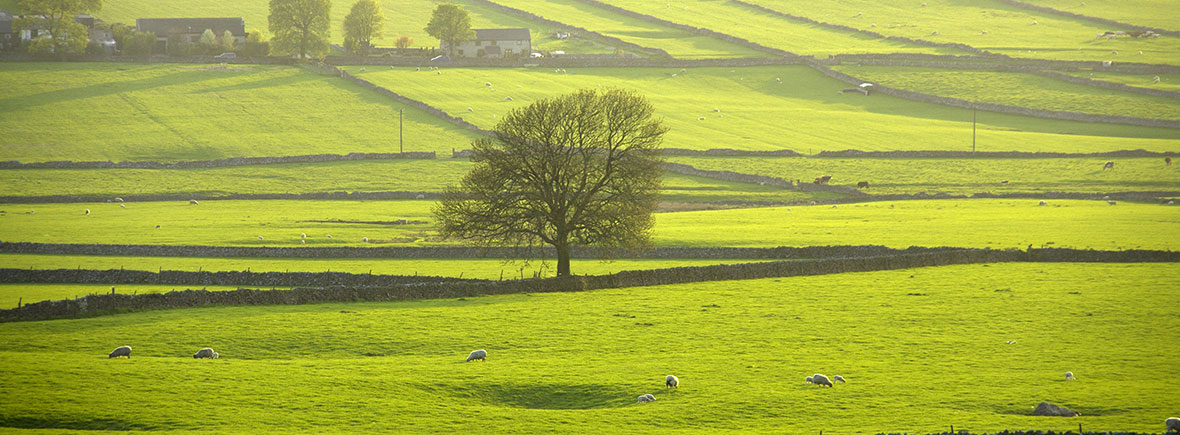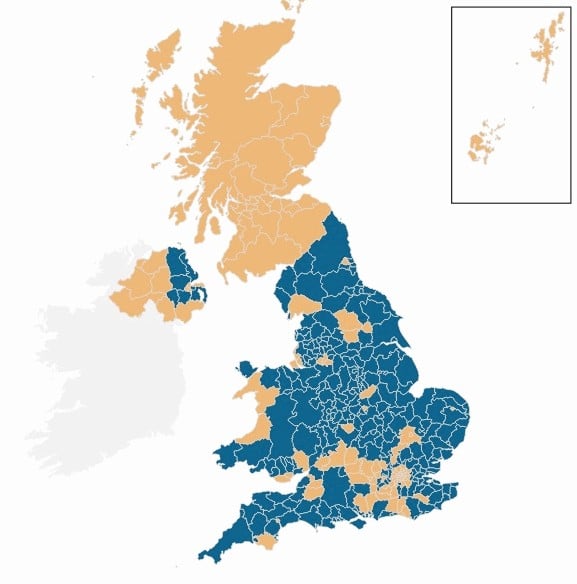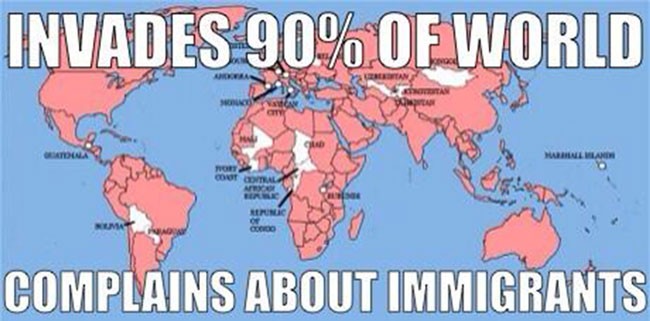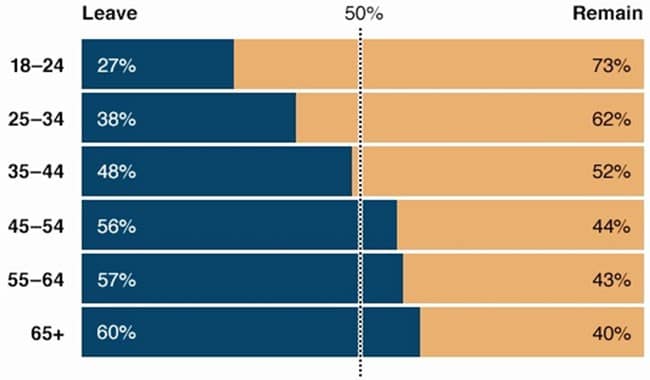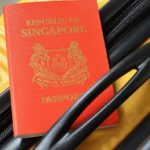Britain’s decision to leave the EU was a bad one. On Friday 24th June I woke up to discover I live in a very different Britain to what I thought
Kia and I tend to steer clear of politics on this blog. We have such a varied and international audience, it’s rare that the politics of one region will interest everyone. However, last week our home country made a decision that sent shockwaves across the globe. Britain’s vote to leave the European Union was a bad decision and one I feel I can’t ignore.
Loss of identity
On Friday 24th June I woke up to discover I live in a very different Britain to what I thought.
I thought I lived in a progressive, open minded, cohesive Britain committed to moving the world forward in a positive way. On Thursday I was proud to be British. By Friday I was embarrassed to be British.
I was born in 1984. I was born in a Europe that was still struggling to deal with the after effects of the Second World War; a still divided Europe in the midst of the Cold War. By the early 90s that Europe had become united, and by the time I came of age and started to really engage in politics I was part of a free Europe full of promise.
A Europe that would be so different to the Europe I had learnt about during history lessons in school. The mistakes and divisions of the past would never be repeated again.
I have always felt British, not English. I am part of a country made up of four very different nations all united under one Kingdom. My family name, Watson, is a Scottish name, part of an ancient clan associated with the areas of Aberdeen and Kincardineshire. We even have our own tartan.
Divided kingdom: Scotland and N. Ireland voted Remain; England and Wales largely voted Leave
I have also always felt European. Geographically, Britain is part of Europe. Historically, Britain is part of Europe and politically, Britain was part of Europe. I have always had an identity. That identity was both British and European. Needless to say, Kia and I both voted Remain in the referendum.
Now, my country and its identity is in flux. The referendum on EU membership has changed things. We as a nation have clearly sent a message to Europe and that message reads something along the lines of: we think we’re better off without you.
Further still, with Scotland voting against Brexit it’s becoming increasingly likely they will leave the United Kingdom. For the first time in my life I feel like a stranger in my own country. I thought I understood my countrymen, but now I’m not so sure.
A country divided
Much of the toxic Leave campaign was run on the subject of immigration. Whether you’re pro or anti immigration is largely irrelevant since the leaders of the Leave campaign have never promised to reduce immigration in Britain. Instead of facts and data, xenophobic rhetoric has largely dominated the campaign, focusing on “the other” and how “they” steal jobs, scrounge benefits and burden our health service.
This argument is so galling. In a country built on centuries of colonisation it’s nothing short of hypocritical to complain of immigration. In a country where immigrants provide the backbone of our public services, healthcare and education system, it is short sighted to suggest they’re not welcome.
Britain is a country built on over 2,000 years of immigration. Our first king was a bloody French immigrant for crying out loud! And our current royal family are of German ancestry.
I’m not speaking from a privileged London point of view either. I grew up in Caister-on-Sea near Great Yarmouth, which has a UKIP mayor. I am well versed in the specific mix of disenfranchisement, segregation and social immobility that drives revolt against the establishment. However, voting Leave isn’t just a cry for attention; it’s a deafening shriek of rejection.
Do half the people in my country really share the same ideology as the extremist nationalist parties such as UKIP, BNP and EDL – the only British political parties to support leaving the EU? Do they really agree with Donald Trump, Vladimir Putin and the leader of ISIS? Do they really believe in what they just voted for?
This week the UK rejected Europeans. Who will be next?
My country very suddenly feels very divided.
Lost generation
Perhaps, the greatest tragedy of this referendum is that the people who it will affect the most – the people who will have to live with it the longest – are the very people who voted against it. A decisive 73% of people aged 18-24 and 62% of those aged 25-34 voted to Remain. These are the generations that will have to live with fallout of Brexit.
This widely shared quote from the Financial Times puts it best:
“The younger generation has lost the right to live and work in 27 other countries. We will never know the full extent of lost opportunities, friendships, marriages and experiences we will be denied. Freedom of movement was taken away by our parents, uncles and grandparents in a parting blow to a generation that was already drowning in the debts of its predecessors.”
One Twitter user put it more bluntly:
“A generation given everything: free education, golden pensions, social mobility, have voted to strip my generation’s future.”
On a personal note, Kia and I have a lot to think about. We’re currently in the UK planning our next big trip. After that we were intending to move back to France for a while or perhaps further afield. Maybe now it will have to be further afield.
The result of the referendum will affect our future. Certain doors will now have closed and others may well become harder to open. We need to let the dust settle before we decide what our options are. One thing is for sure, we feel uncomfortable living in a country that has aligned itself with the ideology of the far right.
The future…
I overwhelmingly believe that Britain has made a disastrous mistake. The EU is not perfect by any means, but then very few unions ever are. The arguments for leaving are really only arguments to improve the EU; to fix it, not leave it.
I hope that the result to leave is more a case of the British public being misled and not that they really believe in what they just voted for: division, isolationism, xenophobia. Either way the conclusion is disturbing – millions of people are either ignorant or intolerant, or both.
My parting thoughts on the subject are the same as my opening: embarrassment. Travel is a major part of our lives and from now on when we meet people and they ask where we’re from I will tell them I am British, and I will feel embarrassed: embarrassed that my country appears to think it’s better than the European Union; embarrassed that we’ve made a stupid decision on an international stage; embarrassed that we couldn’t see how good we had it and that we’ve thrown it all away.
My only hope is that the current and future member states of European Union continue to show openness and tolerance towards Brits and the rest of the world. Many of my countrymen have made a mistake – please don’t judge us all by their mistake.
